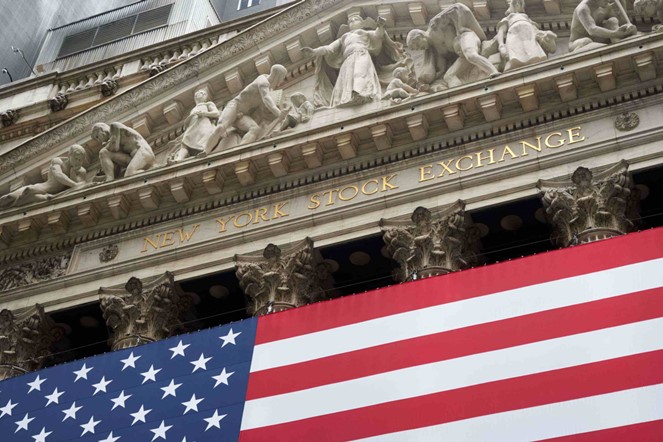
A Bull Market Across Sectors May Come Out of the Next FOMC Meeting?
As U.S. GDP for the first quarter of 2023 showed a significant slowdown, expectations that the Federal Open Market Committee (FOMC) is near the end of the tightening cycle have increased among investors. The Fed announcement after the May 2-3 meeting could change the mindset of the stock, bond, and real estate markets. While a strong consumer is still fueling economic growth, as indicated by the most recent Consumer Spending numbers, government spending is also high and less related to economic momentum, yet it helped support the declining Gross Domestic Product figure.
The U.S. economy slowed at the start of 2023, which implies that the bold Fed moves have worked to cool business activity. During this same period, stock market values have risen after a dismal 2022, bonds have become stronger, and housing prices have shown signs of life.
Background
U.S. Gross Domestic Product grew by a 1.1% annualized rate during the first three months of the year. This is less than half the pace of the 2.6% growth reported for the previous quarter – which was slower than the previous quarter. The slowing trend is certainly expected and undoubtedly being monitored by FOMC members.
The slowdown from the previous quarter was largely the result of a decline in business investment and residential fixed investment, which includes money spent on home buying and construction, according to the data set. While layoffs made headlines, the job market remained strong during the first quarter.
The banking system showed weakness as asset values plummeted and deposit levels decreased. Also impacting banks is commercial real estate. The risk of default in the commercial real estate market has grown as office and retail property valuations are seen as headed lower by as much as 40%, with nearly $1.5 trillion in debt due for repayment by the end of 2025.
Could a Full-Fledged Bull Market Follow?
While there is a Wall Street adage that says, “sell in May and walk away.” A post-meeting announcement that suggests the Fed is finished taking shots at the economy could cause a relief rally as worry about increasingly expensive capital abates. Unless this worry is replaced by a new one, a broad-based upward trend may develop.
The trend in economic growth is slowing, perhaps even headed for a recession, but markets are no longer expecting a hard landing. Ashard-landing expectations work their way even further out of the market psyche, more willingness to buy should lead to higher stock prices.
Bond markets and real estate have also been positive recently. The direction in interest rates, when the Fed does indicate it is done hiking Fed Funds levels, would either fall because of knowledge that the Fed is done, or generate inflation fears which cause concern that would be reflected as higher rates along the curve. Real Estate values are tightly linked to interest rates and could take its direction from the bond market direction.
Take Away
We’re in the part of the economic cycle where bad news (lower GDP) is seen as good news. The economy has been slumping for a few quarters, and the markets are continually forward-looking. This slump may be cause for the Fed to suggest an end to its relentless tightening phase. Equity markets could rid themselves of a year-long worry.
Nothing is certain; however, the markets that have already been rising this year in anticipation of an end to the Fed moves could make an even more decisive move upward.
Managing Editor, Channelchek
Sources
https://fred.stlouisfed.org/series/CPIAUCNS